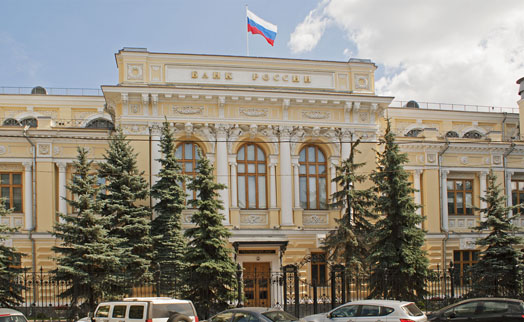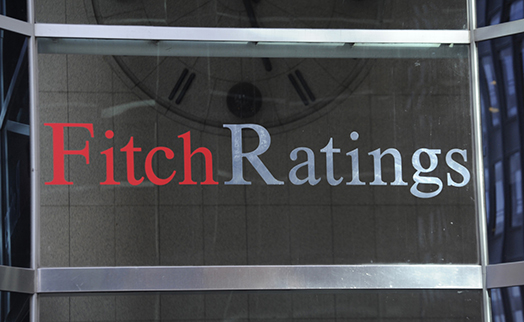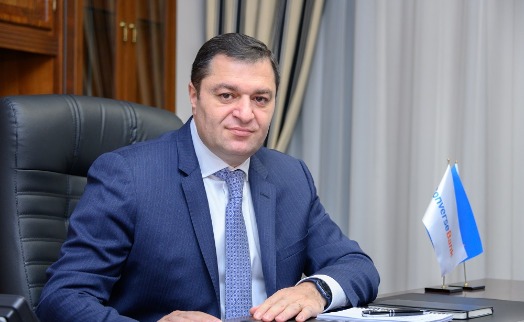16.10.2009 09:40

YEREVAN, October 16. /ARKA/. Economies that continue to face problems in their banking sectors and domestic obstacles to a return of confidence could contract further in 2010 or show only flat growth, according to EBRD Transition report.
In some countries with hard currency pegs, the need to adjust real exchange rates through prices and wages could also weigh on aggregate demand. So could the need for further fiscal adjustment. This could slow the recovery in countries such as Bulgaria, Latvia, or Lithuania.
The speed of recovery is particularly uncertain in Russia and Kazakhstan, which benefit from stronger fiscal positions, but at the same time suffer from weak banking systems and high non-performing loans and commodity dependence.
The recovery prospects for these countries will depend on the success of the authorities in cleaning up banking systems, as well as the strength of the international recovery, particularly through its impact on commodity prices.
Russia’s economy is expected to shrink by 8.5 percent on a year-on-year basis in 2009, followed by a rebound in late 2009 and growth of about 3 percent in 2010 year-on-year. Kazakhstan will suffer a much milder output decline this year (of about 1.5 percent) but the recovery is expected to be weak, in the order of +1.5 percent.
Relatively faster 2010 growth, in the order of between about 2 and 5 percent is expected in some internationally competitive countries with relatively sound pre-crisis banking systems, such as Albania, Poland, Slovakia, and Slovenia.
Some commodity rich countries including Azerbaijan, Mongolia, Turkmenistan, and Uzbekistan, whose financial systems were smaller and less affected by the crisis, and whose growth is mostly driven by commodities, are also expected to grow faster in 2010, in the order of 5 percent or more.
In Hungary, which was hit particularly hard at the start of the crisis, the crisis has been contained thanks to strong international support as well as sound domestic policies. However, its growth is expected to remain slow in 2010 due to necessary fiscal adjustment and a continued credit crunch. It is expected to show slightly negative growth next year, driven by a weak economy in late 2009 and early 2010. -0 -
Read the news first and discuss them in our Telegram
Tags:






















